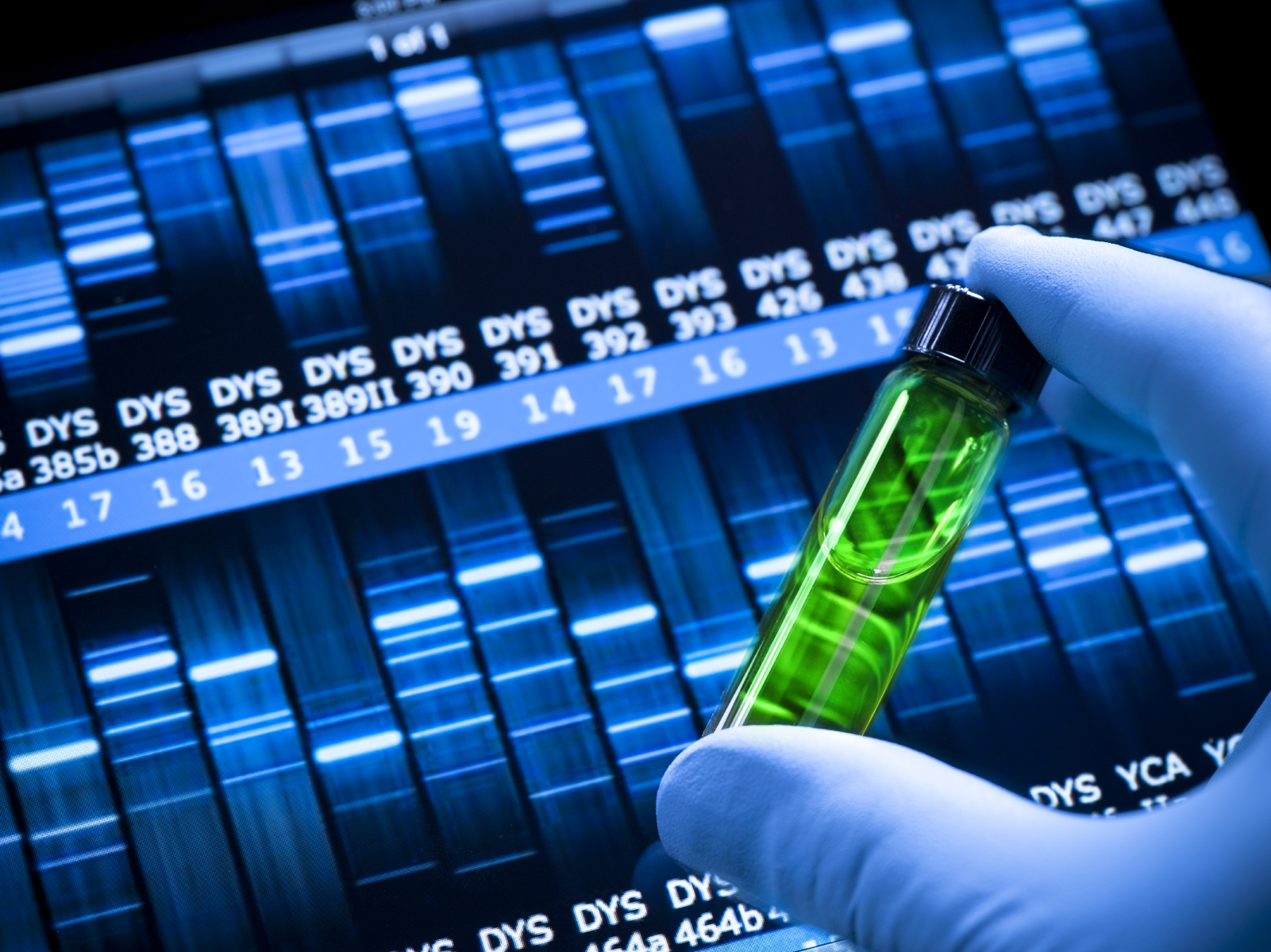Tag: Biochemistry
-

Collaborating to Explore Cancer Therapy Resistance
The results of a recent study co-authored by C. David James, PhD, uncovered potential new targets for treating glioblastoma, a fatal brain tumor for which there is currently no cure.
-

Important Action Behind Cell Division Uncovered
Research led by Northwestern Medicine scientist Daniel Foltz, ’01 PhD, sheds light on the assembly of centromeres, a region of the chromosome that helps ensure new cells have 46 chromosomes.
-

Understanding Mysterious Gene Silencer
A transcription factor protein may play an important role regulating genomic imprinting, a phenomenon where one of the two gene copies inherited from parents is silenced.
-

Proteomics to Expand on Chicago Campus
Proteomics, the large-scale study of proteins, is critical to many research projects taking place at the medical school. Plans are in place to expand capabilities on the Chicago campus in 2016, which will help scientists use proteins to make breakthroughs in varied fields of study.
-

Faculty Receive NCI Outstanding Investigator Awards for Cancer Research
Marcus Peter, PhD, professor of Medicine in the Division of Hematology/Oncology, and Ali Shilatifard, PhD, chair of Biochemistry and Molecular Genetics, and Maciej Lesniak, MD, chair of Neurological Surgery, have each been awarded seven-year, $6.4 million grants from the National Cancer Institute.
-

Exploring Gene Transcription During Cell Division
In a paper featured on the cover of Molecular Cell, Northwestern Medicine scientists demonstrated what happens to gene transcription on chromosomes while cells undergo mitosis.
-

New Faculty to Study Molecular Mechanisms of Disease
Dan Foltz, ’02 PhD, Panagiotis Ntziachristos, PhD, and Marc Mendillo, PhD, have joined the Department of Biochemistry and Molecular Genetics.
-

Targeting an Ion Channel to Treat Common Pediatric Brain Tumor
A study co-authored by Northwestern Medicine scientist Rintaro Hashizume, MD, PhD, identified the EAG2 potassium channel as a target for treating medulloblastoma.
-

Regulating the First Step in Gene Expression
Northwestern Medicine scientists have identified the molecular machinery that releases paused gene expression, a finding that helps explain how important developmental genes jumpstart simultaneously.
-

Uncovering Genetic Factors in Leukemia
Northwestern Medicine scientists have discovered how a gene linked to leukemia functions, a finding that may have important implications for children with Down syndrome who have a higher risk of developing the blood cancer.






